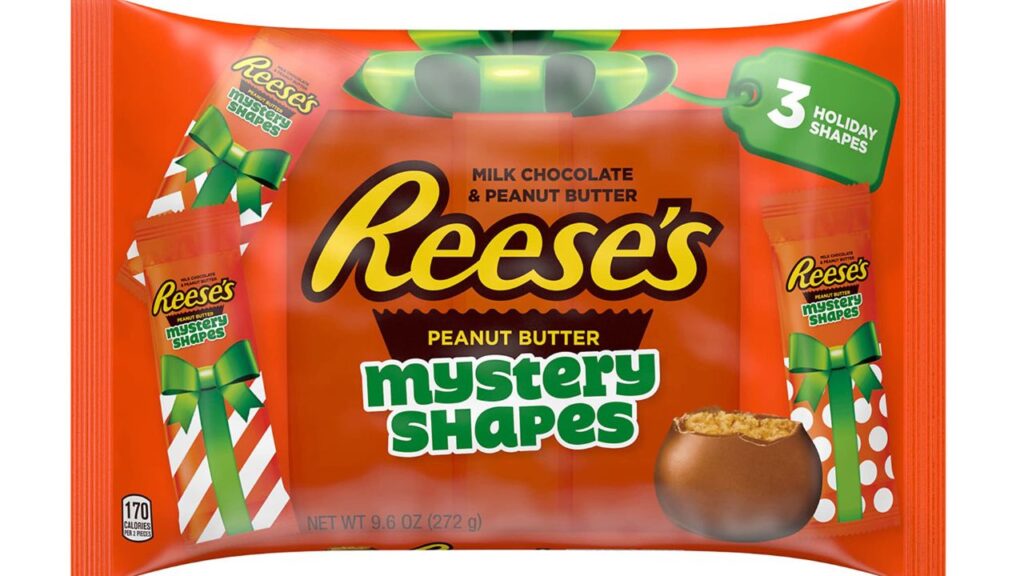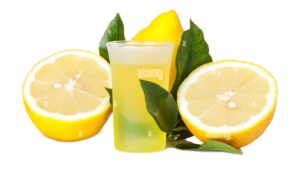Reese’s Seasonal Shapes, a delightful lineup of treats carefully crafted to bring joy to special occasions throughout the year. While indulging in these seasonal delights, it’s important to maintain a balanced approach to health and wellness. Moderation is key when enjoying these delicious snacks, as they are designed to be savored as part of a well-rounded diet.
Is Reese’s Seasonal Shapes Gluten Free?
With the exception of seasonal shaped items such as Reese’s Peanut Butter Eggs, all variants of Reese’s Peanut Butter Cups are certified gluten-free. Therefore, prior to purchasing, it is advisable to verify that the Reese’s Peanut Butter Cups you are considering are indeed produced by Hershey to ensure they meet the gluten-free standards.
Read also Is Ghirardelli Chocolate Gluten-Free: Nutrition
Reese’s Seasonal Shapes for Weight Loss
When aiming for weight loss, be cautious with Reese’s Seasonal Shapes due to their high sugar and fat content. Watch portion sizes and overall calorie intake. Enjoy them in moderation alongside nutrient-rich foods for balanced nutrition and successful weight management.
Reese’s Seasonal Shapes Nutrition Value
Reese’s Seasonal Shapes offer substantial calories, fat, carbohydrates, and sugars per serving, with varying protein content. Consumers should check the nutrition label on each shape’s packaging to make informed dietary choices.
| Nutrient | Amount |
|---|---|
| Calories | 170 |
| Saturated Fat | 3.5 g |
| Sodium | 130 mg |
| Total Sugars | 17 g |
Reese’s shapes Ingredients?
The paragraph outlines the ingredients of peanuts covered in milk chocolate. The milk chocolate contains sugar, cocoa butter, chocolate, skim milk, milk fat, lactose, soy-derived lecithin, and PGPR. It also includes sugar, dextrose, and a vegetable oil blend (palm, shea, sunflower, palm kernel, and/or safflower oil).
Are Reese’s a Good Source of Protein?
A single serving of Reese’s Peanut Butter Cups offers a significant protein intake, totaling five grams. This amount is comparable to the protein content typically found in other sources such as a handful of almonds or approximately half a cup of chickpeas.
Why are Seasonal Reese’s Vegan?
Reese’s Peanut Butter Cups aren’t typically considered vegan due to their milk chocolate coating. However, a recent adaptation using oat-based ingredients has produced a dairy-free alternative, making this version suitable for vegans diet.
Why are Seasonal Reese’s Better?
The classic cups feature prominent ridges along their edges, distinguishing them from the smooth surface of seasonal shapes like pumpkins, eggs, and Christmas stockings. This design implies that the traditional cups contain a greater volume of chocolate.
Conclusion
When examining the Reese’s Seasonal Shapes and their potential impact on health, it becomes crucial to take into account a multitude of factors. These seasonal variations, exemplified by products like Reese’s Peanut Butter Eggs, represent indulgent treats that typically contain significant levels of sugar, fat, and calories.







